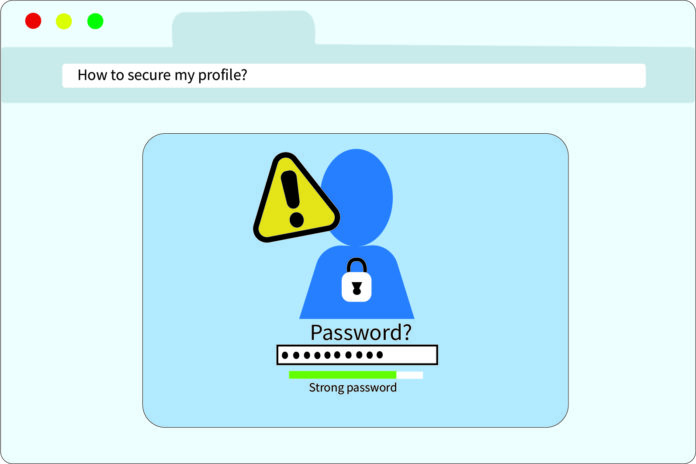This spooky season, don’t get tricked.
October is recognized as National Cybersecurity Awareness Month, but protecting your identity is essential year-round. There are a variety of ways in which a hacker or scammer can target you and access personal information, but there are measures you can take to keep yourself free from identity fraud.
While identity fraud may seem like something that only happens to people worth stealing from, like celebrities or politicians, it is more commonplace than you think.
According to IdentityForce, 1 in 15 people are victims of identity fraud. While getting hacked or scammed is often out of your control, there are various ways you can stay best prepared and protected.
Phishing messages — such as “You have been selected as a winner. Click here to claim your prize” — are just one way that hackers steal information. We’ve all received those messages that claim to be your bank or school, and they are often easy to catch. “Unusual activity has been detected. We urgently ask you to follow this link.” However, this is not always the case. Hackers can use the most deceptive of ways to trick you into clicking a message that will instantly give them access to your personal information.
Baylor Information Technology Services has created a tool to help the community to remain safe against cyber crime. On Microsoft Outlook for Windows in Office 365, you will notice a new button that allows you to report a message that you believe to be Junk or Phishing. This is a great tool to utilize that will allow the community to remain alert and cognizant of the scams that exist in the world. Installing this function is remedial, but the best actions to take are preventative.
Think for a moment about the last time you have changed your password. While you think your password is unique, there is always more that can be done, and it is not worth the risk. Using special characters and creating longer passwords can help. Don’t use passwords that include a personal tie to you. A good rule-of-thumb is not using the same password on multiple accounts. You are setting yourself up to get hacked. After October 22, all Bear ID passwords will be reset, and Baylor ITS will then require a password to have a 10 character minimum.
Coffee shops are one of the most common places where hackers steal information. We’ve all received the message when in a new environment about “your connection is not secure” or something along those lines. While the network may be open and convenient, unsecured WiFi areas expose are common ways hackers steal information. It is essential to check for secure connections when connecting to a WiFi network.
According to CPO Magazine, the cybersecurity market is expected to be a $300 billion industry by 2024. Using the ever-increasingly available strong security tools and remaining educated on cybersecurity will allow you to be best prepared for any possible threat.
More information on how you can remain alert, specifically on campus, can be found on the Baylor ITS website.






